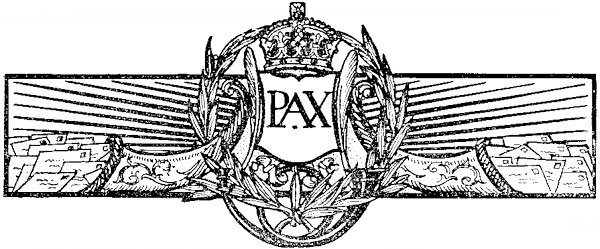Cultures > Thraco-Roman Culture
Thraco-Roman Culture

Background
The term Thraco-Roman describes the Romanized culture of Thracians under the rule of the Roman Empire. The Odrysian kingdom of Thrace became a Roman client kingdom c. 20 BC, while the Greek city-states on the Black Sea coast came under Roman control, first as civitates foederatae ("allied" cities with internal autonomy).
After the death of the Thracian king Rhoemetalces III in 46 AD and an unsuccessful anti-Roman revolt, the kingdom was annexed as the Roman province of Thracia. The northern Thracians (Getae-Dacians) formed a unified kingdom of Dacia, before being conquered by the Romans in 106 and their land turned into the Roman province of Dacia.
Thraco-Roman culture refers to the fusion of Thracian and Roman traditions, beliefs, and practices that emerged in the regions inhabited by the Thracian people during the period of Roman rule and influence. The Thracians were an ancient Indo-European people who inhabited parts of southeastern Europe, primarily in what is now modern-day Bulgaria, Romania, Greece, and Turkey.
Cultural Exchange and Interaction: The Thracian lands came under Roman control through conquest and colonization, particularly during the Roman Republic and later the Roman Empire. This resulted in extensive cultural exchange and interaction between the Thracian and Roman populations. Roman settlers, soldiers, and administrators brought Roman customs, language, and institutions to the region, while Thracian cultural elements influenced Roman society in return.
Religion and Mythology: Thracian religious beliefs and practices likely influenced Roman religion to some extent. The cult of Dionysus, the Greek god of wine, fertility, and ecstasy, had deep roots in Thrace and was adopted and adapted by the Romans, who identified Dionysus with their own god Bacchus. Similarly, the Thracian goddess Bendis was assimilated into the Roman pantheon under the name Diana Bendis.
Language and Linguistic Influence: While Latin was the administrative language of the Roman Empire, Greek was also widely spoken in many parts of the Eastern Mediterranean, including Thrace. As a result, there was likely linguistic and cultural bilingualism in Thrace, with Latin and Greek coexisting alongside indigenous Thracian languages and dialects.
Art and Architecture: Roman architectural styles and techniques left their mark on the landscape of Thrace, with the construction of roads, bridges, forts, and public buildings following Roman designs and standards. Thracian craftsmen and artisans may have also contributed to the production of Roman-style pottery, sculpture, and other artistic works.
Social and Economic Integration: The integration of Thrace into the Roman Empire brought economic opportunities and social changes to the region. Roman infrastructure projects, such as roads and aqueducts, facilitated trade and communication, while Roman law and administration provided a framework for governance and taxation. Thracian elites may have adopted Roman customs and lifestyles as a means of social advancement and integration into the imperial system.
Overall, Thraco-Roman culture represents a complex blend of Thracian and Roman elements, reflecting the dynamic interactions and exchanges that occurred between these two ancient civilizations. While much of Thrace's indigenous culture may have been absorbed or adapted to Roman norms over time, traces of Thracian identity and heritage likely persisted alongside Romanization, contributing to the diverse cultural mosaic of the Roman Empire.